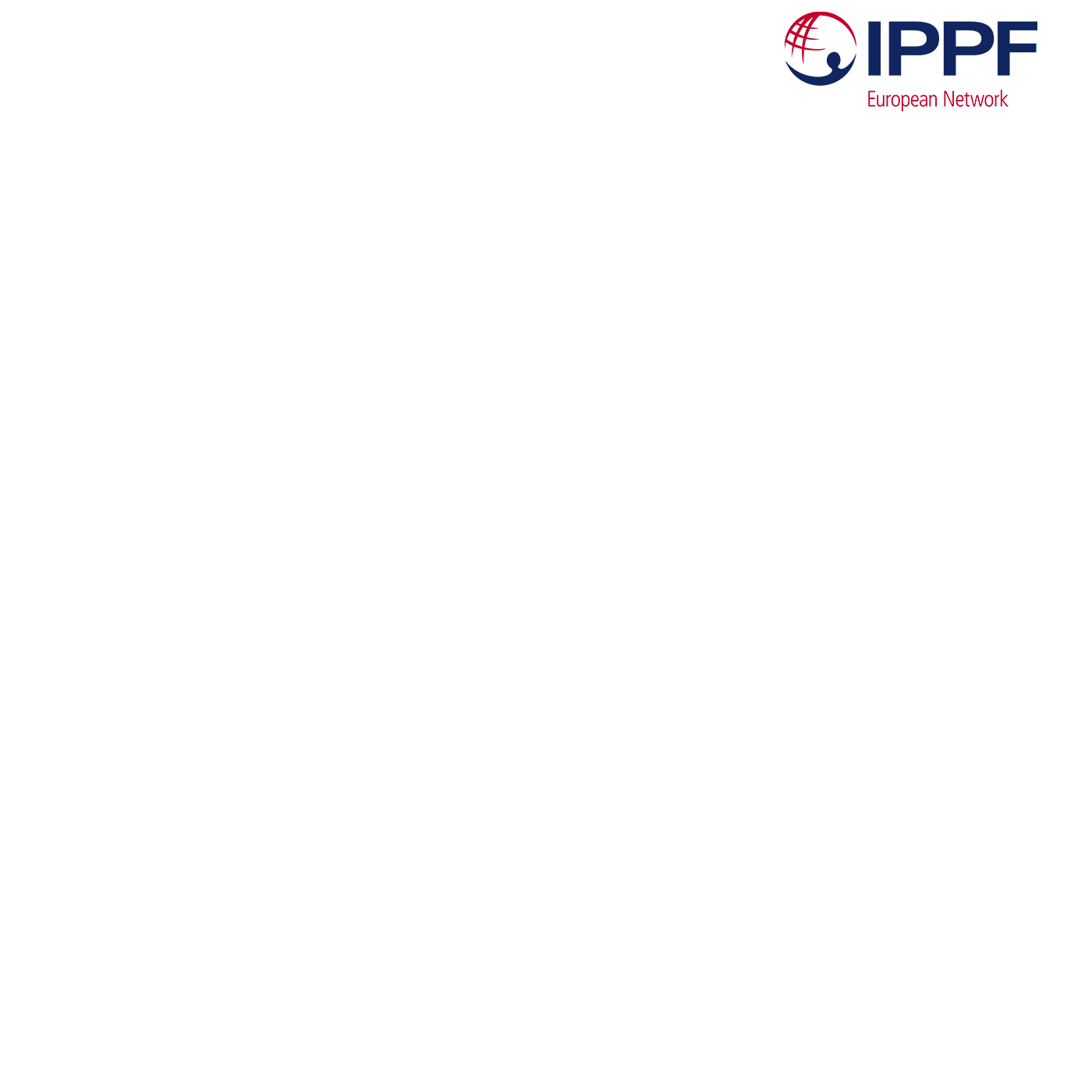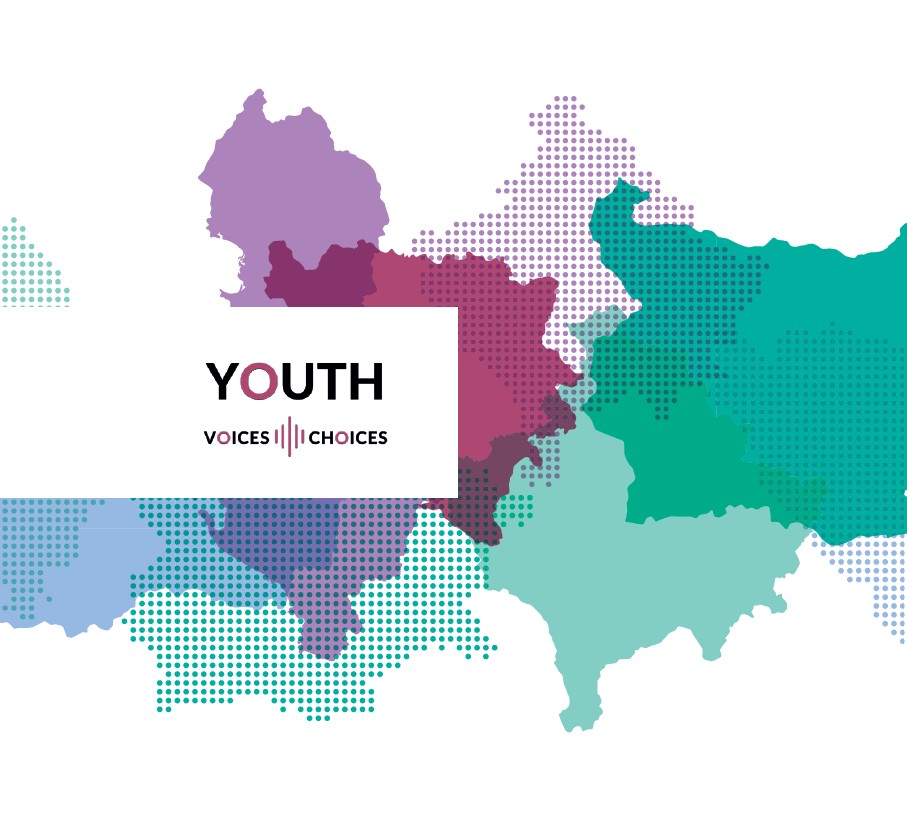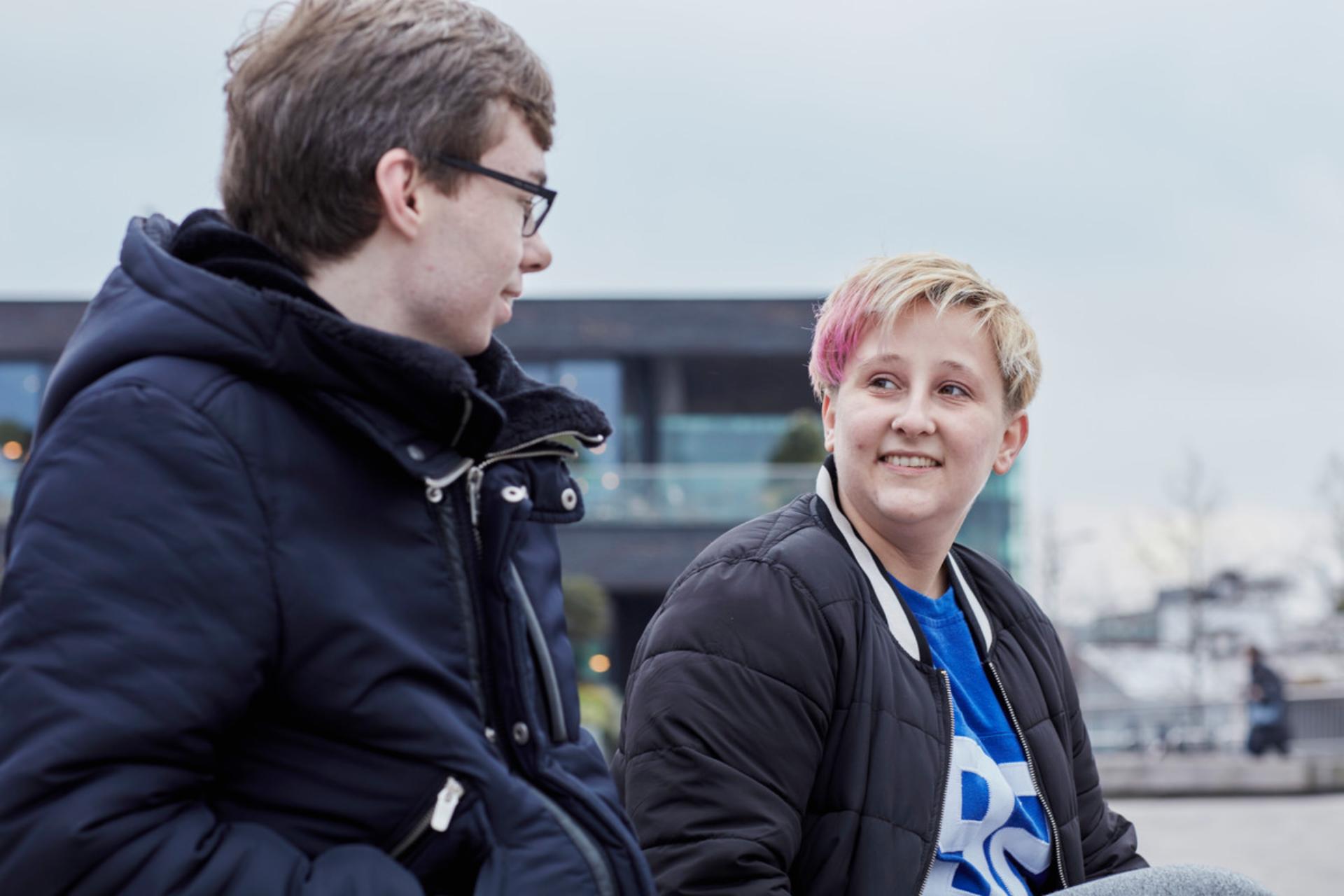Spotlight
A selection of resources from across the Federation

2022 IPPF EN Annual Report
Download our Annual Report to read about our activities and achievements in 2022.
Filter our resources by:


| 30 March 2022
Ukraine: putting sexual and reproductive health and rights at the heart of the EU response
Since the outbreak of the war in Ukraine on 24th February 2022, humanitarian needs have been increasing by the hour. Millions of people across Ukraine are fighting for their lives. As of 6th April 2022, around 11.4 million people have been forcibly displaced, with 7.1 million internally displaced persons (IDPs) and nearly 4.3 million who have fled the country, seeking a safe haven in neighbouring countries. The majority of displaced people and refugees are women and children. The EU must put SRHR and protection from sexual and gender-based violence at the heart of its response to the crisis, in order to respond to the SRHR needs of Ukrainian people, especially of all women, girls and vulnerable and marginalized populations fleeing the war, whether they are in third countries or in EU Member States. Our brief includes recommendations that the EU can adopt within external and internal action in order to deliver on the sexual and reproductive health and rights of refugees and displaced persons. Credit photo: Fine Acts

| 18 March 2022
Ukraine crisis: sexual and reproductive health and rights are non-negotiable and lifesaving
Since the outbreak of the war in Ukraine on 24th February 2022, humanitarian needs have been increasing by the hour. Millions of people across Ukraine are fighting for their lives. Anyone who has been forced to flee or who lives in an area of active fighting is particularly vulnerable, even more so women and girls. People’s access to health services may be suspended or the quality may be low, and they will not have access to lifesaving reproductive health care. They are in a dire state of emergency and further exposed to risk of sexual violence, sexually transmitted infections including HIV and unintended pregnancies. Amid the terrifying devastation experienced through a humanitarian crisis, people need first and foremost safety and protection. Sexual and reproductive health (SRH) services can save lives and prevent further suffering. Read below about the urgent actions to be taken by European humanitarian donors and actors.

| 18 June 2018
SRH care services during humanitarian crisis in Eastern Europe and Central Asia
The Minimum Initial Service Package (MISP) for reproductive health (RH) is a coordinated set of priority activities designed to prevent excess morbidity and mortality, particularly among women and girls at the onset of humanitarian emergencies. This report shows the overall results regarding the MISP for reproductive health preparedness in Eastern Europe and Central Asia as of today compared with 2014. The main results show that there has been a significant improvement in the region from a fair level of preparedness in 2014 to a good level of preparedness in 2017. The most important achievements are linked to the establishment of national SRH working groups, which now exist in 16 countries. This is an extraordinary achievement, as this was one of the weakest areas in 2014. Improved coordination at the national level had an impact on several other areas, and the overall results reflect the importance of having coordination in place so as to be better prepared. For the future, it will be essential to maintain this momentum and continue improving SRH preparedness in the region. The report includes some recommendations in this direction. As the authors point out, we are also living at a unique time, when a light has been shone on sexual harassment and sexual violence against women and girls in developed and developing countries. In addition, refugees and migrants continue to arrive in Europe, fleeing war-ravaged countries. Although they are disappearing from the news, their situation has not improved enough in the region. Ensuring access to priority SRH services in every humanitarian crisis means making sure that everybody can receive life-saving SRH services. This includes preventing sexual violence and taking care of survivors. To ensure comprehensiveness, preparedness activities have to be enhanced to include, in a more systematic manner, adolescent girls and young female adults, unaccompanied children, LGBTI people and women and girls with disabilities or living with HIV, in line with the SDG pledge to “leave no one behind”.















